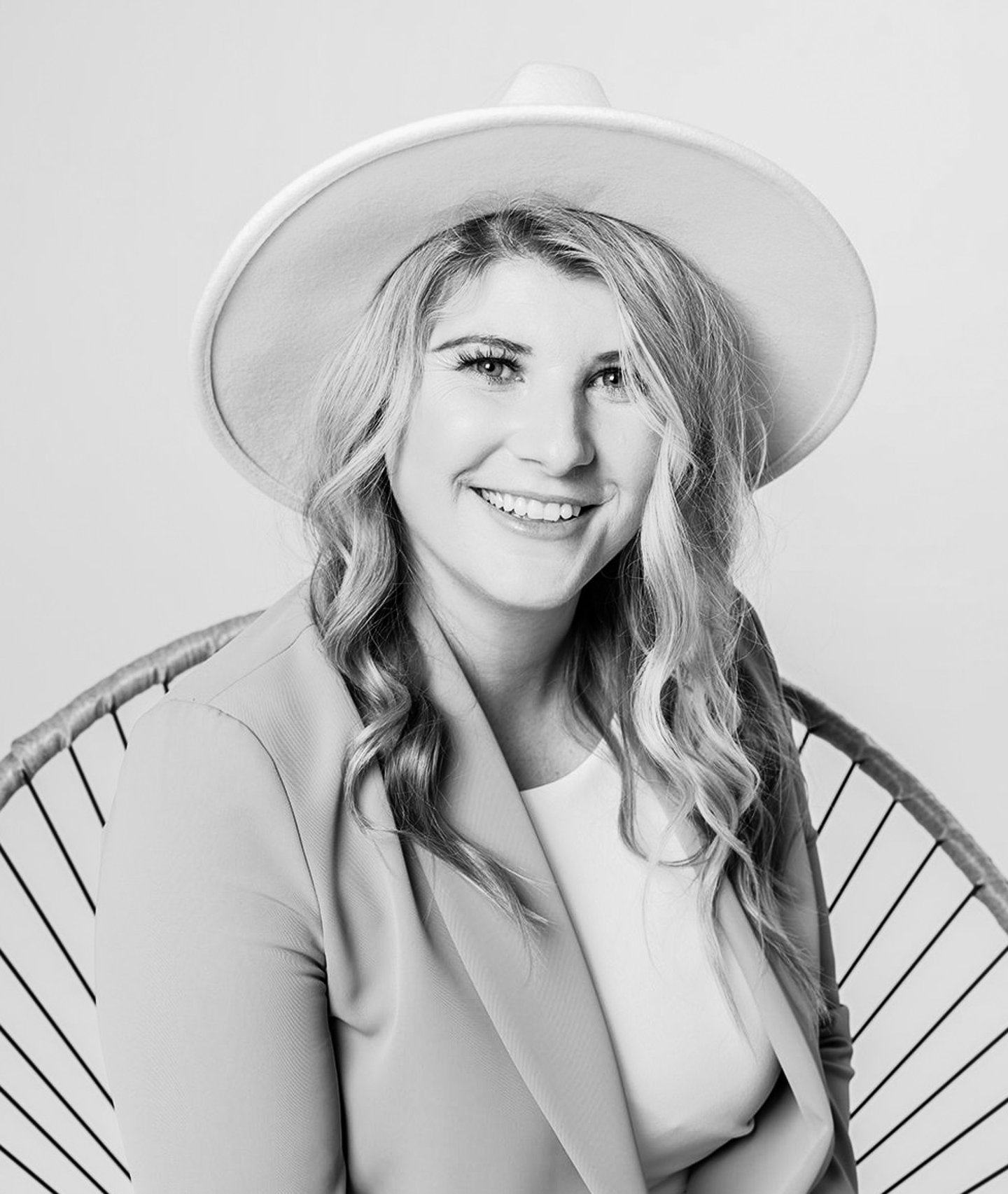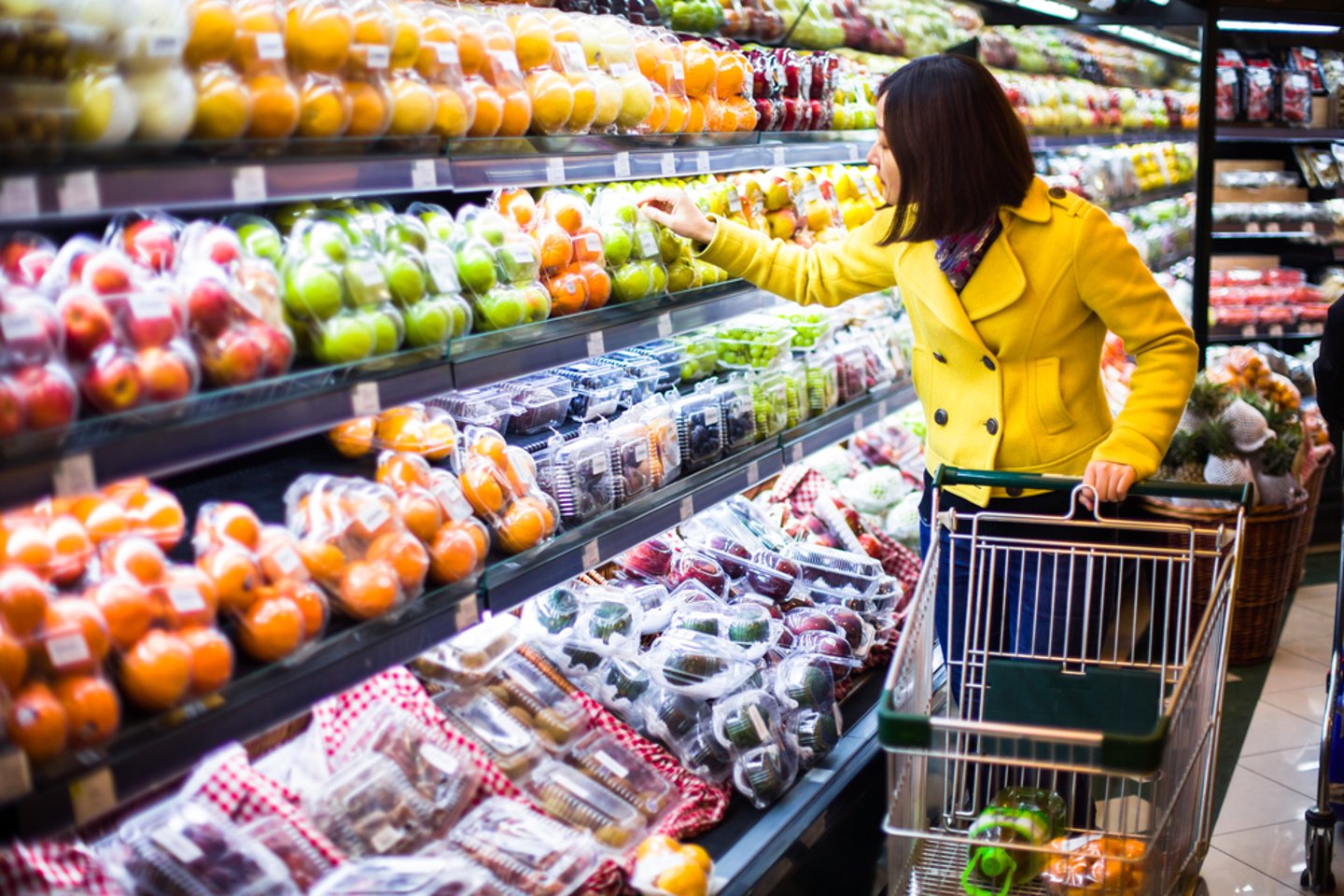Q&A: The Sustainable Opportunity In Private Brands
Sustainability continues to grow in its importance among consumers. Recent NIQ (formerly NielsenIQ) data shows that 69% of consumers say that sustainability has become more important to them over the past two years.
Couple the importance of sustainability with the growth of private label products amid historic inflation, and retailers are faced with a golden opportunity to "go green" with their own brand offerings.
Daymon's Director of Thought Leadership Chelsey Capps spoke with Store Brands and detailed the ins-and-outs of making private brands sustainable.
STORE BRANDS: Recent reports show that consumers are more aware of sustainability than ever before. What product attributes do consumers seek out the most when it comes to Earth-friendly products?
Chelsey Capps: Sustainability has grown in importance to shoppers with environmental concerns impacting purchase considerations as consumers are increasingly aware of how their individual decisions affect the world around them. We are seeing a shift in how sustainability claims are impacting consumer decision trees and influencing intent to purchase.
Sustainable considerations differ in importance varying from consumer to retailer to brand, and even down to the individual item. Some sustainability attributes will resonate higher than others depending on the category, brand, product intricacies, consumer shopping preferences, and lifestyle needs. Knowing the right claims to execute against can be challenging, but given that proprietary Daymon research shows nearly 60% of private brand shoppers are interested in eco-friendly packaging, the low-hanging fruit is assessing the variety of packaging inputs, materials and configurations.
On-pack claims such as ‘recyclable,’ ‘eco-friendly,’ and ‘responsibly sourced’ are some of the top sustainability claims across departments that are enticing consumers to make a purchase. (Source: Nielsen Discover, Total US xAOC). We have noticed that products with multiple claims are gaining traction amongst consumers, with shoppers seeing these products as authentically taking a stand towards being sustainable.
One eco-friendly attribute may resonate more than another because sustainability considerations differ depending on which portion of environmental impact the focus is on. Total carbon footprint, use of natural resources, chemicals used to produce, manufacturing pollution byproducts, recyclability, and the secondary repurchasing market capabilities are just a few areas of concern when trying to compare what is truly the best for the environment.
Deciding which material substrate to use for packaging depends on how each brand defines sustainability and what matters most to their shoppers, and may even require additional shopper education.
SB: What types of private label products are the easiest for retailers to "go sustainable" with?
CC: Two key factors when deciding where to start in executing against sustainability is to first determine how private brands can support the total banner ESG (Environmental, Social, Governance) initiatives and commitments, and secondly work to better understand the sustainability concerns most important to the shoppers of that retailer.
If the private brand uses the retailer banner name in their naming conventions, it is even more critical to come across authentically on-shelf with sustainability efforts as consumers will directly correlate these products with the banner brand.
Although it is important to deliver sustainability across retail for the betterment of planet, there are departments such as Household Care where sustainability is becoming table stakes for future growth. Nearly 2.9 billion units with sustainable claims have been sold over the course of a year in Household Care, making up a quarter of total department units sold (Source: Nielsen Discover, Total US xAOC). Key departments to consider sustainability within are household care, personal care, beauty, and dairy.
Some brands begin by implementing sustainability from a packaging lens, seeking ways to reduce packaging or use eco-friendly packaging materials. Even implementing a recycled label can be viewed as a positive private brand action to consumers. In particular, private brands that are rooted in free-from brand standards can innately offer sustainability claims to meet consumer lifestyle needs and creatively push the envelope with regard to what is most meaningful to consumers who have an affinity for that brand.
There really is no one size fits all approach — retailers should assess an individual strategy that best delivers authentically on consumer needs and expectations.
SB: How does price come into play for consumers when choosing sustainable products? Is there a price threshold that prevents them from purchasing Earth-friendly products?
CC: The latest studies, including the NIQ study, tell us that consumers across demographics are willing to spend money on products that mitigate environmental harm, and that this is of even greater importance to younger shoppers. Additionally, price threshold considerations really come down to perceived overall value and a strong private brand tiering structure.
While retailers are expected to pursue portfolio-wide sustainability efforts, consumers hold lifestyle brands to an even higher standard - and interestingly, the lifestyle tier is where many
sustainable private brand product claims got their start. Private brand sustainability offerings have now migrated across brand tiers, particularly into retailers’ mainstream portfolios, but can and should take tiering strategies into account when determining the right balance to claims and pricing across the entire program.
No matter the tier or category, retailers should keep product efficacy and consumer needs top of mind, while also executing on sustainability. The inherent mission of private brands is to deliver the best overall value across tiers, with the complexity of value expanding depending on the specific consumer need and category at play.
SB: What three aspects of a sustainability program should retailers be focused on the
most?
CC: Retailers should center their sustainability programs around the current initiatives at their retailer banner level. Then, the next steps become drilling down these initiatives across their private brand portfolio, considering the dynamics between brand strategies, tier considerations, and category dynamics.
Lastly, retailers need to communicate and support these sustainability initiatives while continuously re-evaluating changing shopper dynamics to ensure objectives and strategies interact congruently.



